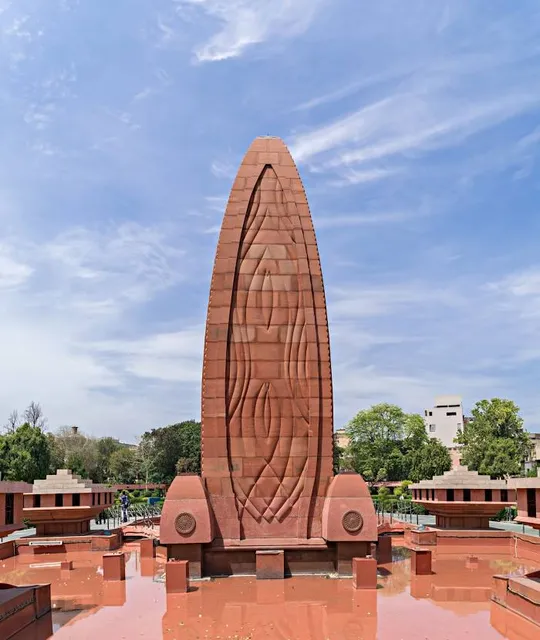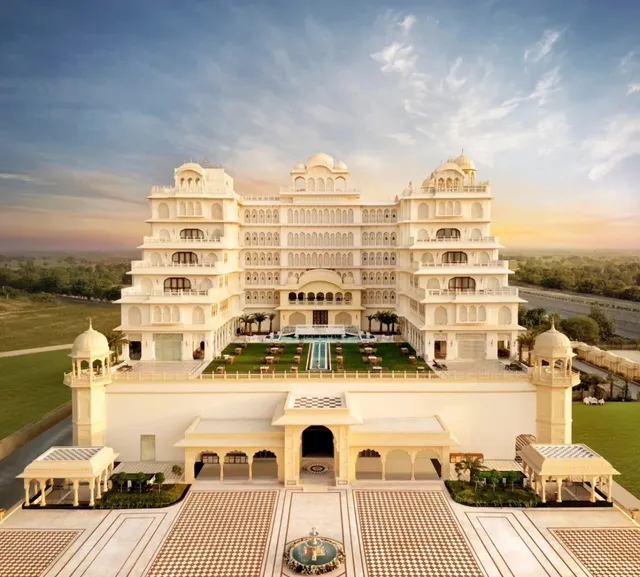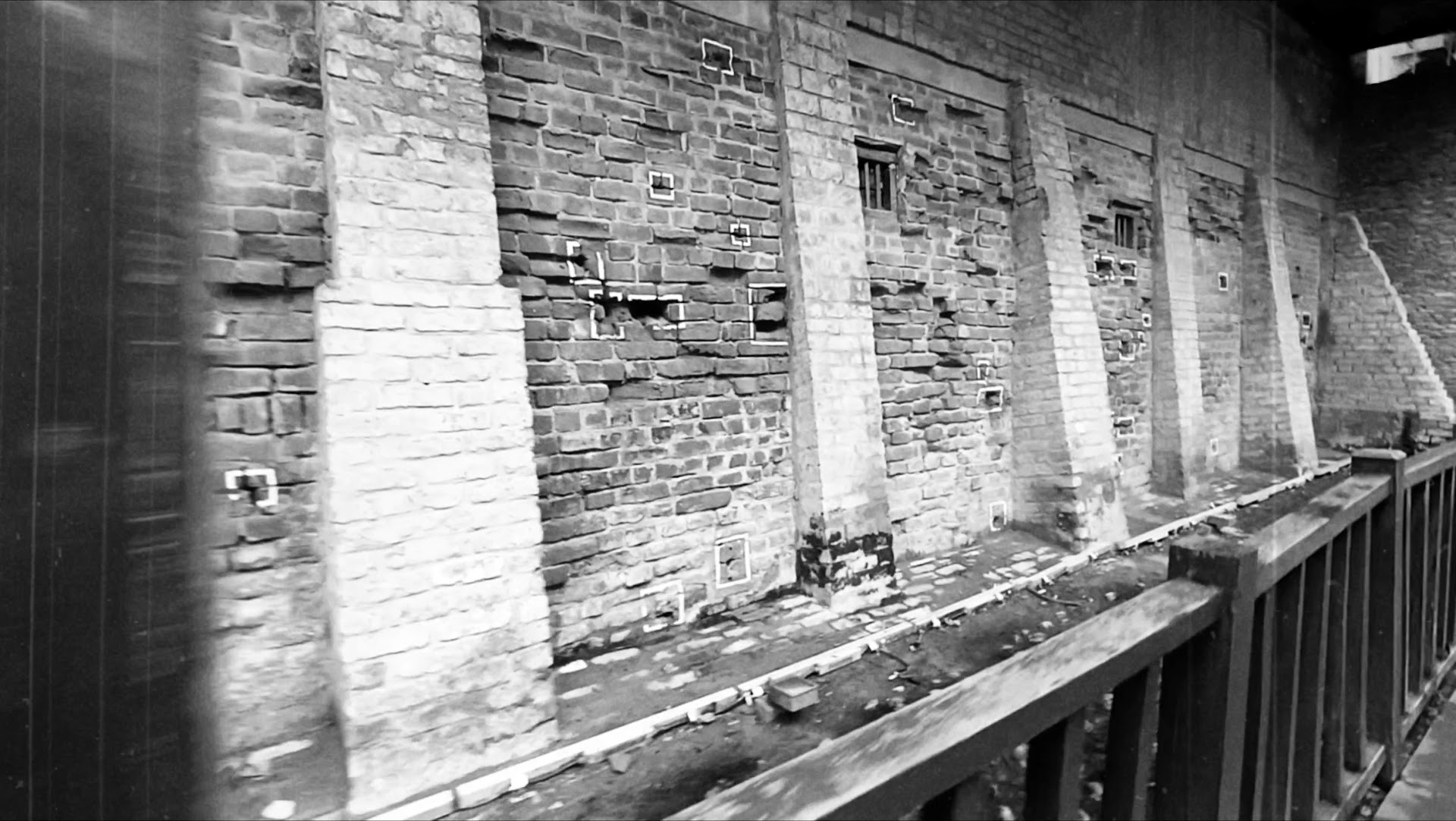Jallianwala Bagh things to do, attractions, restaurants, events info and trip planning
Basic Info
Jallianwala Bagh
Golden Temple Rd, Jallan Wala Bagh, Katra Ahluwalia, Amritsar, Amritsar Cantt., Punjab 143006, India
4.6(34.3K)
Closed
Save
spot
spot
Ratings & Description
Info
Jallianwala Bagh is a historic garden and memorial of national importance close to the Golden Temple complex in Amritsar, Punjab, India, preserved in the memory of those wounded and killed in the Jallianwala Bagh Massacre that took place on the site on the festival of Baisakhi Day, 13 April 1919.
Cultural
Accessibility
attractions: Martyrs Well, Sri Harmandir Sahib, Gurudwara Ber Baba Budha Sahib, Central Sikh Museum, Shri Dukh Bhanjani Beri Sahib, The Partition Museum - Amritsar District, Punjab, India, Ramgarhia Bunga, Heritage Walks Amritsar, restaurants: Bhai Kulwant Singh Kulchian Wale, Mirch Masala Punjabi Dhaba | Best Punjabi Dhaba Restaurant in Amritsar, Domino's Pizza | Chowk Phawara, Amritsar, Neelam's, Zayka Restaurant, Amritsari Rasoi by golden grain, Khubi Ram Sweets, Cafe Green Saragarhi Sarai, Tasty Bite, Sanjha Chulha Amritsari Kulcha Specialist, local businesses: GOLDEN TEMPLE AMRITSAR, Akal Takht, Saragarhi Memorial Gurudwara - Firozpur District, Punjab, India, Gurudwara Bibeksar Sahib, Gurudwara Guru ke Mahal, Nelson Tea
 Learn more insights from Wanderboat AI.
Learn more insights from Wanderboat AI.Website
nooreinquilab.page
Open hoursSee all hours
Sun9 AM - 6 PMClosed
Plan your stay

Pet-friendly Hotels in Punjab
Find a cozy hotel nearby and make it a full experience.

Affordable Hotels in Punjab
Find a cozy hotel nearby and make it a full experience.

The Coolest Hotels You Haven't Heard Of (Yet)
Find a cozy hotel nearby and make it a full experience.

Trending Stays Worth the Hype in Punjab
Find a cozy hotel nearby and make it a full experience.
Reviews
Live events
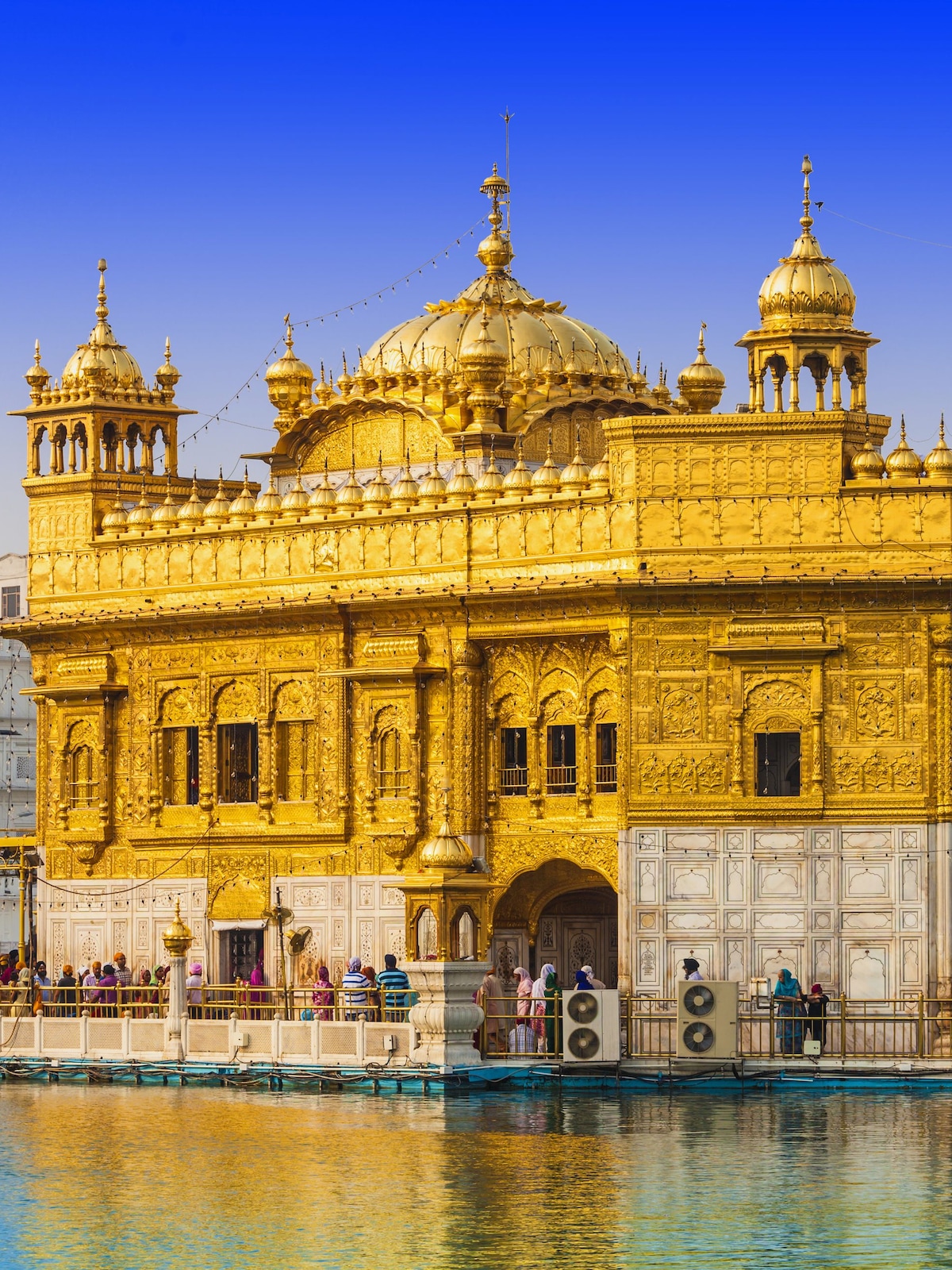
explore amritsars heritage
Mon, Feb 23 • 2:30 PM
Amritsar, Punjab, 143006, India
View details
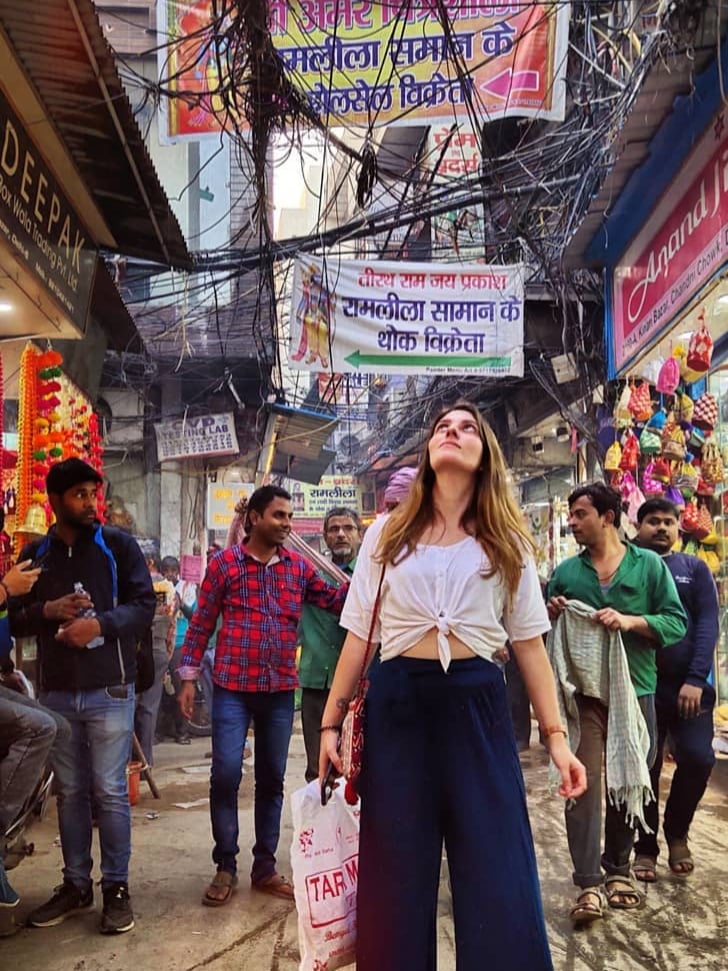
Amritsar Heritage Walking Tour
Mon, Feb 23 • 9:30 AM
Town Hall, Katra Ahluwalia Amritsar, Punjab, 143006, India
View details
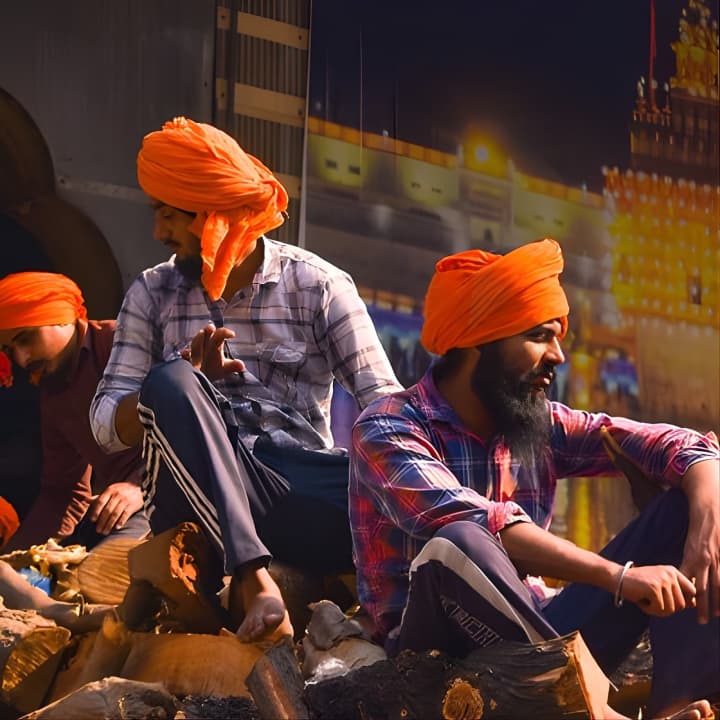
Golden Temple Guided Tour (Planet Amritsar Inc.)
Mon, Feb 23 • 4:00 AM
JVCH+HCX, Golden Temple Road, Jallan Wala Bagh, Katra Ahluwalia, Amritsar, 143006
View details
Nearby attractions of Jallianwala Bagh
Martyrs Well
Sri Harmandir Sahib
Gurudwara Ber Baba Budha Sahib
Central Sikh Museum
Shri Dukh Bhanjani Beri Sahib
The Partition Museum - Amritsar District, Punjab, India
Ramgarhia Bunga
Heritage Walks Amritsar
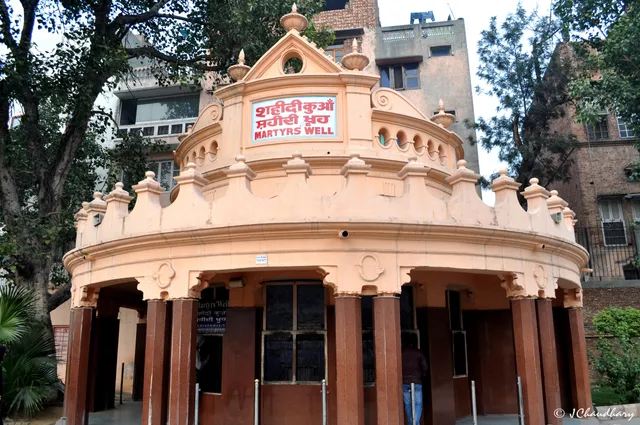
Martyrs Well
4.7
(1.3K)
Closed
Click for details
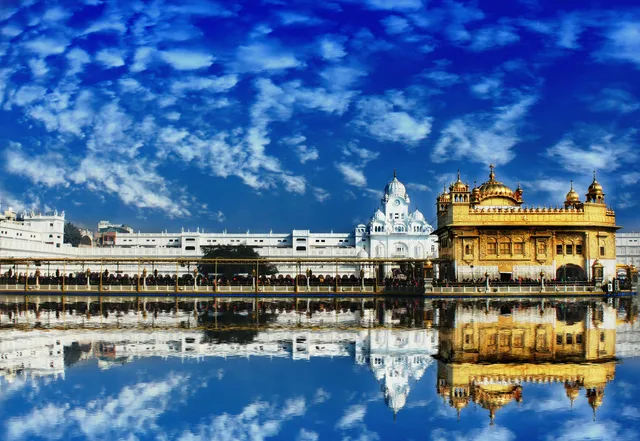
Sri Harmandir Sahib
4.9
(60.8K)
Open until 12:00 AM
Click for details
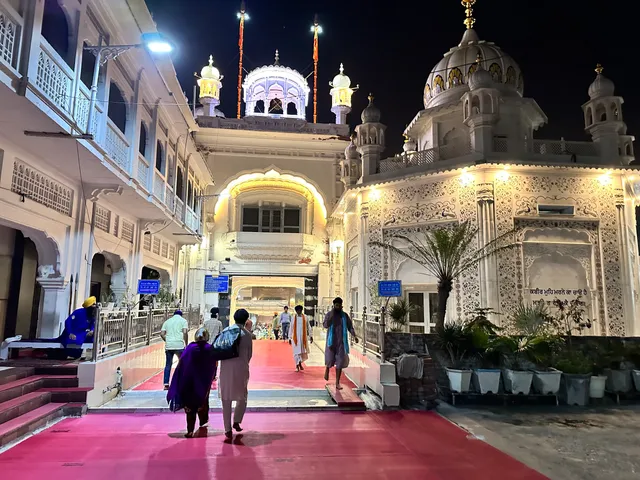
Gurudwara Ber Baba Budha Sahib
4.8
(581)
Open until 12:00 AM
Click for details
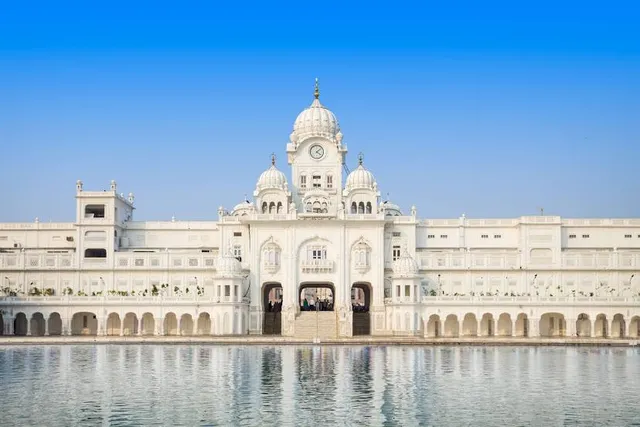
Central Sikh Museum
4.6
(274)
Open until 12:00 AM
Click for details
Nearby restaurants of Jallianwala Bagh
Bhai Kulwant Singh Kulchian Wale
Mirch Masala Punjabi Dhaba | Best Punjabi Dhaba Restaurant in Amritsar
Domino's Pizza | Chowk Phawara, Amritsar
Neelam's
Zayka Restaurant
Amritsari Rasoi by golden grain
Khubi Ram Sweets
Cafe Green Saragarhi Sarai
Tasty Bite
Sanjha Chulha Amritsari Kulcha Specialist
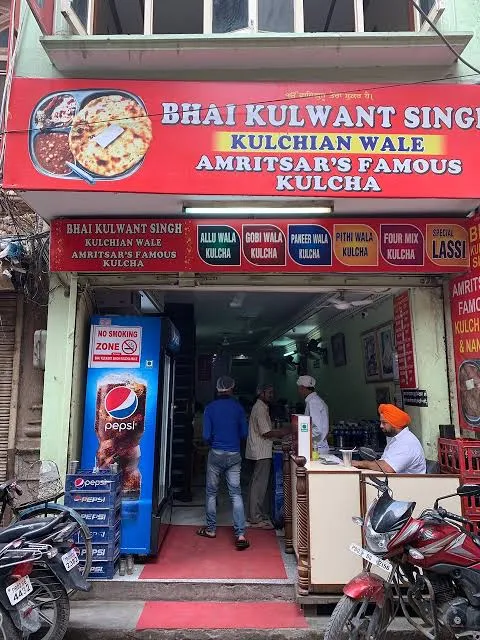
Bhai Kulwant Singh Kulchian Wale
4.3
(2.6K)
Closed
Click for details
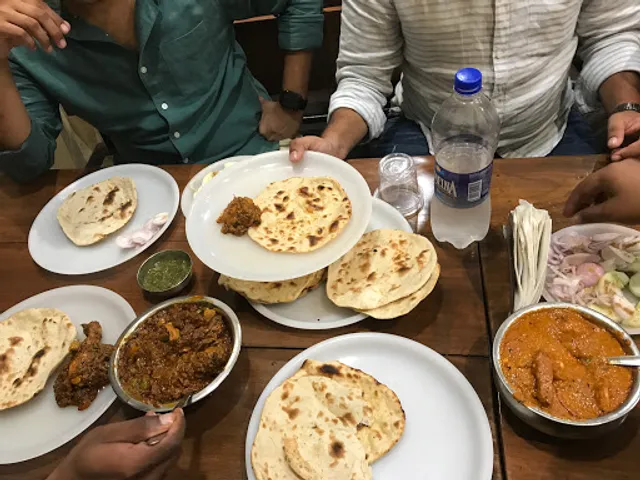
Mirch Masala Punjabi Dhaba | Best Punjabi Dhaba Restaurant in Amritsar
3.8
(347)
Open until 12:00 AM
Click for details

Domino's Pizza | Chowk Phawara, Amritsar
3.9
(1.0K)
Open until 11:00 PM
Click for details
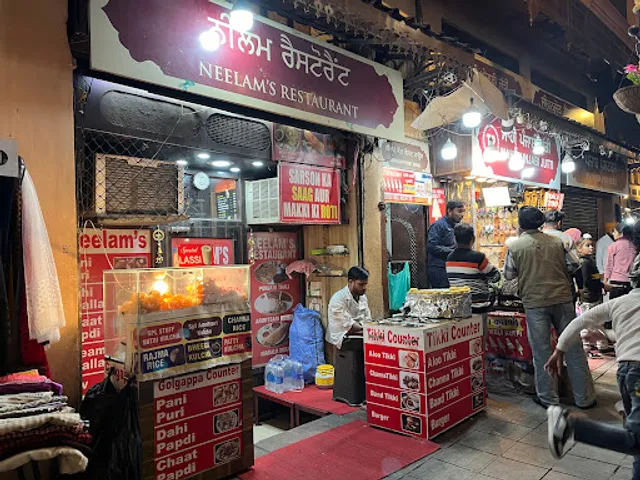
Neelam's
3.9
(363)
Open until 11:00 PM
Click for details
Nearby local services of Jallianwala Bagh
GOLDEN TEMPLE AMRITSAR
Akal Takht
Saragarhi Memorial Gurudwara - Firozpur District, Punjab, India
Gurudwara Bibeksar Sahib
Gurudwara Guru ke Mahal
Nelson Tea
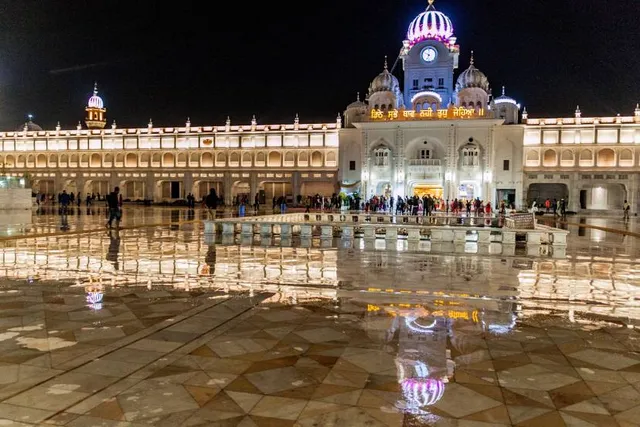
GOLDEN TEMPLE AMRITSAR
4.8
(1.2K)
Click for details
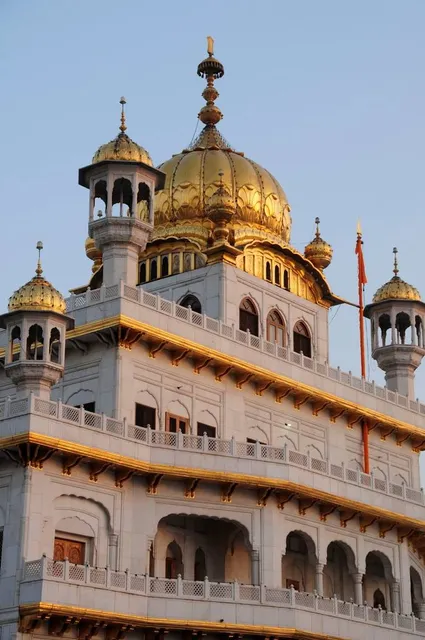
Akal Takht
4.8
(643)
Click for details
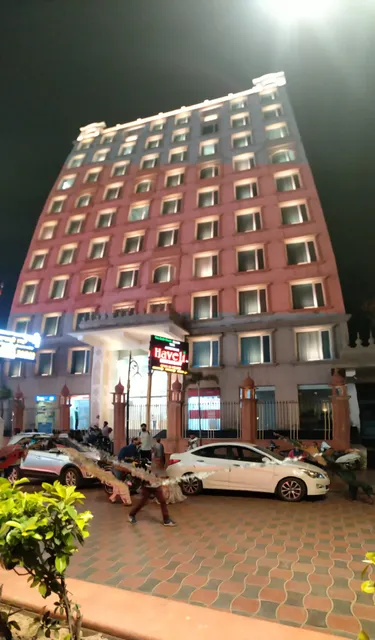
Saragarhi Memorial Gurudwara - Firozpur District, Punjab, India
4.7
(181)
Click for details
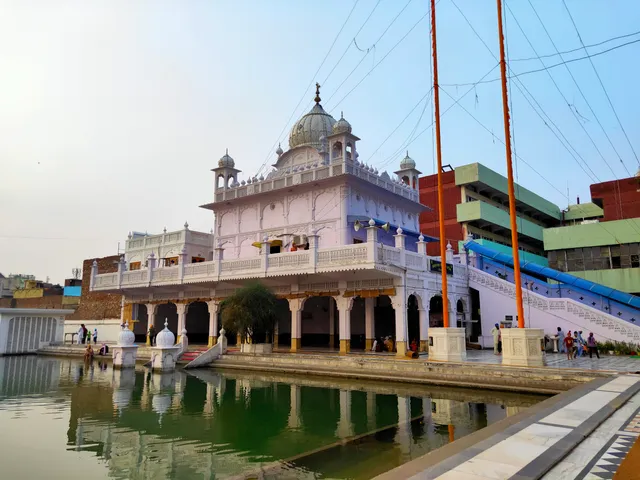
Gurudwara Bibeksar Sahib
4.8
(122)
Click for details
